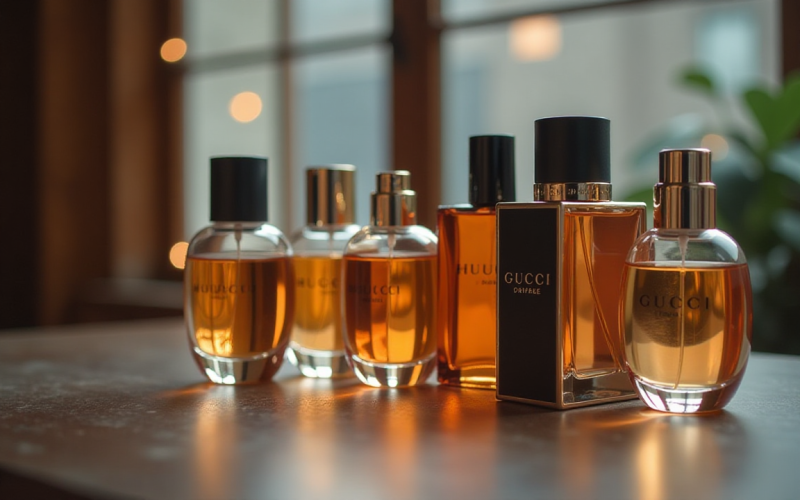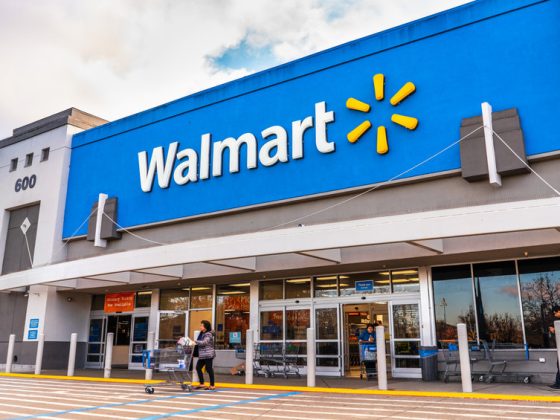Shares of beauty giant Coty fell more than 21% in premarket trading on Thursday after the CoverGirl and Gucci fragrances owner projected a steep sales decline for the current quarter, underscoring the pressure on consumer spending and the challenges facing the US cosmetics market.
The company said it expects like-for-like sales to decline between 6% and 8% in the first quarter, reversing 4.5% growth in the same period a year ago.
Coty also reported a wider-than-expected quarterly loss of $0.05 per share on revenue of $1.25 billion, down 8% from last year.
Analysts surveyed by LSEG had expected a loss of $0.02 per share and revenue of $1.20 billion.
US market struggles drive profit warning
CFO Laurent Mercier attributed the cosmetics slowdown to value-driven consumers, fatigue with new product launches, reduced usage, and Gen Z’s growing preference for fragrances.
The company’s largest market, the US, drove much of the underperformance.
Coty admitted to losing share in both the Prestige and mass cosmetics segments, citing weak execution and softer demand.
Retailer inventory destocking also weighed heavily, as the company deliberately cut trade stock levels to reset for future growth.
Blockbuster launches absent but fragrances hold firm
The quarter also suffered from a lack of blockbuster product launches compared with the prior year, when Burberry Goddess drove momentum.
Instead, Coty’s innovation pipeline was dominated by product extensions rather than major new rollouts.
Even so, the company’s fragrance business offered some resilience.
Prestige fragrances rose 2% like-for-like, while mass-market fragrances climbed 8%.
CEO Sue Nabi highlighted strong demand for Adidas Vibes and early traction from BOSS Bottled Beyond, alongside promising results from a new Calvin Klein fragrance mist collection targeting younger consumers.
Nabi stressed Coty’s positioning in what she called “treatonomics,” a trend where consumers turn to small indulgences during economic uncertainty.
“Coty is perfectly positioned to win, as the only global fragrance player actively targeting both the high and low price tiers,” she said.
Tariff headwinds and production shift
Beyond consumer headwinds, Coty faces new tariffs on European-made fragrances and Chinese components, which are expected to create $70 million in gross cost pressures.
To mitigate the impact, the company plans to raise US prices on premium fragrances and shift some production to American facilities.
Mercier also cited changes in US immigration policy as an added challenge, although he said cost-saving measures under Coty’s “All-in to Win” program—ranging from restructuring to leadership changes in the US—would help offset some of the impact.
Path to recovery rests on fragrances and innovation
Looking ahead, Coty’s management sees the first half of the year as challenging, with growth expected to return later through high-profile fragrance launches and expansion into faster-growing subcategories.
Nabi pointed to upcoming rollouts such as Marc Jacobs makeup and continued fragrance mist lines as central to the recovery strategy.
“The company’s recent launch of a Calvin Klein mist collection is showing promising early results, attracting younger consumers seeking affordable pick-me-ups,” she said.
“Coty’s strategic focus is leveraging its global leadership in fragrances to drive strong growth,” Nabi said.
Broker sentiment cautious amid sharp selloff
Even before Thursday’s plunge, Coty shares had lost about 30% this year.
After the update, shares fell to $3.83 in premarket trade, their steepest single-session drop in years.
According to LSEG data, seven of 19 brokerages rate the stock a “buy” or higher, ten call it a “hold,” and two recommend “sell.”
The median price target stands at $6, implying potential upside if Coty can stabilize its U.S. business and reignite consumer enthusiasm.
The post Coty shares slump 21% as weak demand and tariffs weigh on outlook appeared first on Invezz


